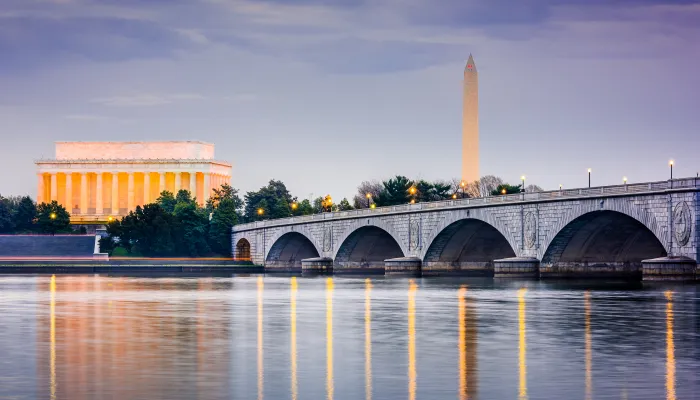A Smaller Reconciliation Bill Should Retain Offsets
Policymakers are currently considering if and how to develop new legislation, in place of the House Build Back Better Act, under the reconciliation instructions from the FY 2021 budget. Some have suggested a focus on universal pre-K, child care, and health care subsidies, and others suggest Congress work to pass the roughly $550 billion of climate change provisions in the previous version of Build Back Better.
The following is a statement from Maya MacGuineas, president of the Committee for a Responsible Federal Budget:
Given current fiscal and economic conditions, our first priority should be to have a blueprint for how to get the debt under control. If policymakers pursue new spending, they need to ensure it is at least fully offset, and better yet, deficit reducing. Whether we spend $4 trillion or $4 billion, now is no time to cavalierly continue adding to the debt.
The House-passed Build Back Better Act included nearly $2 trillion of offsets from tax increases on corporations and high earners, efforts to strengthen tax compliance, and prescription drug savings. New legislation could include most or all of these offsets, dedicating any extra funds to reducing our massive deficits and slowing the growth of our debt.
Lawmakers could also consider carbon pricing to finance their climate agenda. A $15 per metric ton carbon tax could fully offset proposed climate investments over a decade while helping to reduce rising debt and rising global temperatures over the long run.
Many possible offsets are good policies in their own right as well as useful as ways to pay for things and reduce the deficit, and they should be considered as part of any forthcoming legislation.
###
For more information, please contact Kim McIntyre, director of media relations, at mcintyre@crfb.org.

